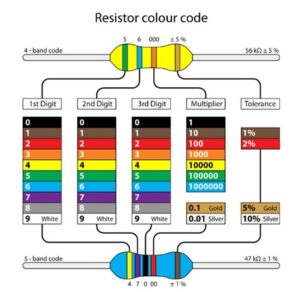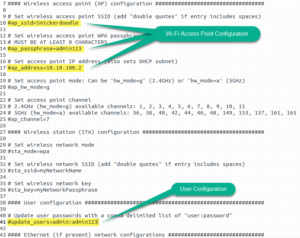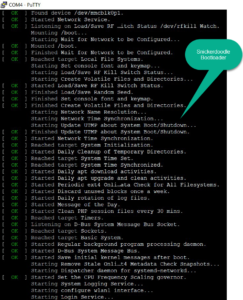The LPCXpresso board is one of the popular choice continuously hitting our customer enquiry list . We decided to write up an overview that can help more customers better understand the tool and may be make this a choice in their next design project !
LPCXpresso board with its design simplicity is based on the NXP’s ARM Cortex-M3 microcontroller making it easy for the beginners to try their hand on the Cortex-M3 architecture. The hardware comes with a combined JTAG debugger eliminating the need for separate debug probe.
LPCXpresso – LPC1769 is featured with , 512 kB Flash, 4xUART, 3xI2C, SPI, 2xSSP, 2xCAN, PWM, USB 2.0 Device/Host/OTG, RTC, Ethernet, I2S, etc… LPCXpresso provides a Prototype board and a Base board that makes it possible to make experiments and prototyping with many
Specification:
|
Processor |
NXP’s Cortex-M3 LPC1769 microcontroller in LQFP100 package |
|
Flash |
512 kB |
|
Data Memory |
64 kB |
|
Clock Crystals |
12.000 MHz crystal for CPU |
|
Dimensions |
35 x 140 mm |
|
Power |
3.15V-3.3V external powering, or |
|
Connectors |
All relevant LPC1769 pins available on expansion connector (2×27 pin rows, 100 mil pitch, 900 mil between rows) |
|
Other |
• Embedded JTAG (LPC-LINK) functionality via LPCXpresso tool chain |
Table: Specification of the LPC1769
Here is an Application Note on how to install LPCXpresso IDE
For any more questions, feel free to send us an email at info@tenettech.com and our customer support as well as field application engineers will be more than happy to support.
For buying an LPCXpresso please visit our webstore at http://tenettech.com







